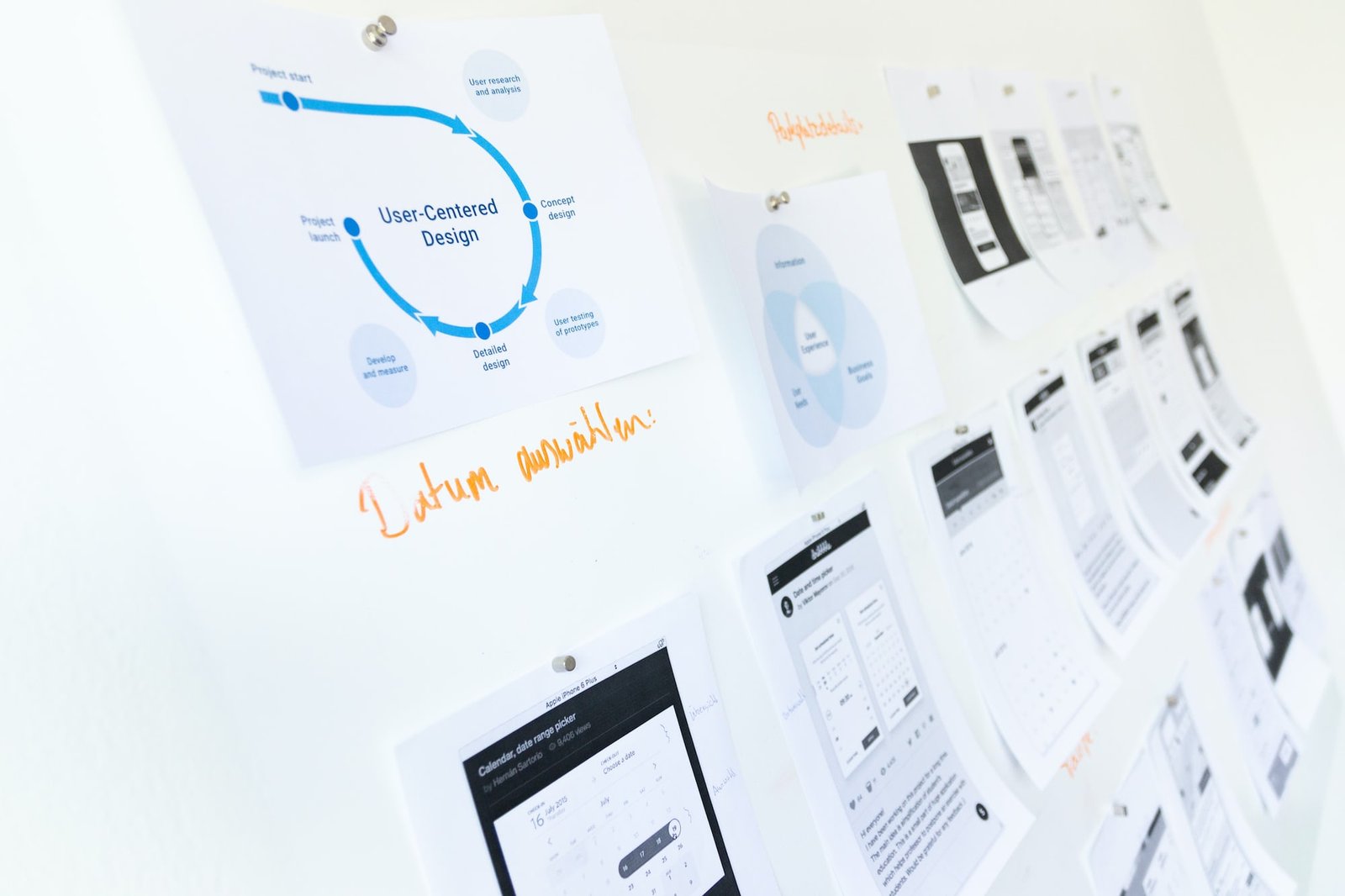The Slow Loading Issue: Understanding WordPress Speed Limitations

The Slow Loading Issue: Understanding WordPress Speed Limitations
Introduction
In today’s digital age, having a fast and responsive website is crucial for the success of any online business. Slow loading websites not only frustrate visitors but also have a negative impact on search engine rankings. As a professional website designer specializing in WordPress solutions for small businesses, I understand the importance of optimizing website speed. In this blog post, I will delve into the topic of WordPress speed limitations, providing you with a comprehensive understanding of the factors that contribute to slow loading websites and offering practical solutions to overcome these challenges.
Understanding WordPress Speed Limitations
- The Impact of Large File Sizes
One of the primary factors that contribute to slow loading websites is large file sizes. When you upload images or multimedia content to your WordPress site without proper optimization, it can significantly increase the load time. This is because larger file sizes require more bandwidth to transfer, leading to a slower loading experience for your visitors.
To overcome this limitation, it is essential to optimize your images and files before uploading them to your WordPress site. You can use image compression plugins such as Smush or EWWW Image Optimizer to resize and compress images without compromising quality. Additionally, consider using lazy loading techniques that only load images as users scroll down the page, reducing the initial load time.
- Inefficient Code and Plugins
Another common cause of slow loading websites is inefficient code and excessive use of plugins. While WordPress offers a vast library of plugins to enhance functionality, installing too many plugins can have a detrimental effect on your website’s performance. Each plugin adds additional code and functionality, which can lead to conflicts and slower load times.
To address this limitation, it is crucial to regularly review and optimize your plugins. Remove any unnecessary or redundant plugins and choose lightweight alternatives whenever possible. Additionally, ensure that your theme’s code is clean and optimized for performance. Consider hiring a professional WordPress developer to review and optimize your website’s codebase for improved speed.
- Web Hosting and Server Limitations
The quality and performance of your web hosting provider can significantly impact your website’s speed. Shared hosting plans, although cost-effective, often have limitations in terms of server resources and performance. Websites hosted on shared servers can experience slow loading times during peak traffic periods when resources are stretched thin.
To overcome hosting limitations, consider upgrading to a dedicated or cloud-based hosting plan. These options offer increased resources and better scalability, ensuring faster loading times even during high traffic periods. Additionally, choose a hosting provider with a robust infrastructure and server optimization techniques such as caching and Content Delivery Networks (CDNs) to further boost your website’s speed.
- Lack of Caching and Optimization
WordPress, by default, dynamically generates web pages on each user request. This process can be resource-intensive and slow down your website, especially for content-heavy pages. By implementing caching mechanisms, you can temporarily store static versions of your web pages, reducing the time it takes to generate them dynamically.
There are several caching plugins available for WordPress, such as W3 Total Cache and WP Super Cache, which help optimize your website’s performance. These plugins generate static HTML files, reducing the load on your server and providing faster loading times for your visitors.
FAQs
Q1. How can I check my website’s speed?
A1. There are several online tools available to check your website’s speed, such as Google PageSpeed Insights, GTmetrix, and Pingdom. These tools analyze your website and provide recommendations for improving its speed.
Q2. Do I need to optimize my website’s speed even if it’s already fast?
A2. Yes, optimizing your website’s speed is an ongoing process. Even if your website is currently fast, regular maintenance and optimization ensure that it remains performant as your content and traffic grow over time.
Q3. Can caching plugins conflict with other plugins?
A3. In some cases, caching plugins can conflict with other plugins that modify how your website’s content is generated or displayed. It is important to test and configure caching plugins correctly to avoid any conflicts.
Conclusion
Understanding the limitations of WordPress speed is the first step towards creating a fast and responsive website for your small business. By addressing issues such as large file sizes, inefficient code, hosting limitations, and lack of caching, you can significantly improve your website’s loading times. Remember to regularly monitor and optimize your website’s speed to ensure an optimal user experience and better search engine rankings. With the plethora of resources and plugins available, achieving a lightning-fast WordPress website is within reach for every small business owner. Don’t let slow loading times hold you back from reaching your online potential!


